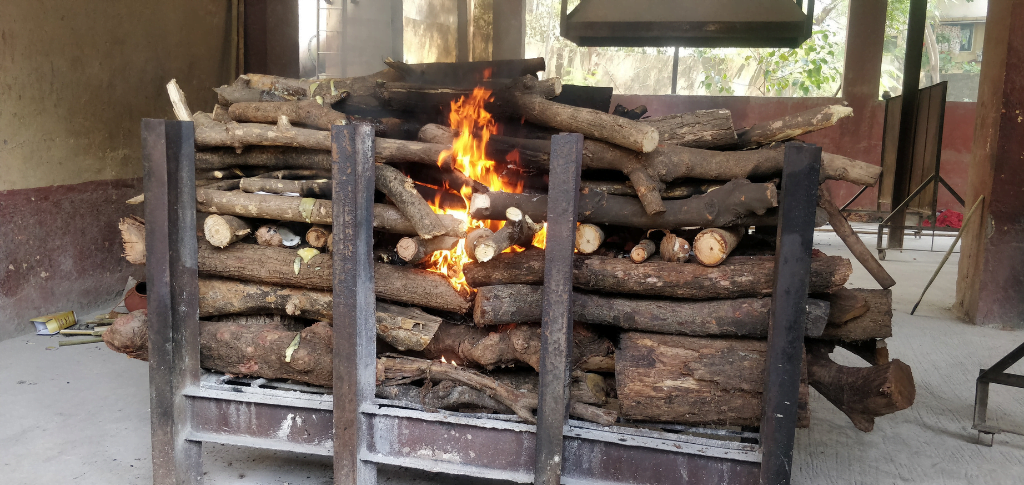Introduction
Funeral rituals have been an integral part of human culture for centuries, serving as a means to honor the deceased and provide closure to the living. Among the various practices involved in funeral rites, embalming holds a significant place. This ancient practice has evolved over time, but its core purpose remains the same: to preserve the body of the deceased for a dignified farewell. In this blog, we will delve into the importance of embalming services, exploring what embalming is, its process, and the significance it holds in contemporary funeral rituals.
What is Embalming?
Embalming is a process used to preserve a deceased person’s body, delaying decomposition and making it possible for the body to be viewed during funeral services. This practice dates back to ancient civilizations, including the Egyptians, who mastered the art of mummification. Modern embalming, however, involves the use of chemicals to achieve preservation.
The Embalming Process
The embalming process typically involves several steps:
- Arterial Embalming: This is the main step where a preservative fluid is injected into the arteries, replacing the blood. The fluid, usually a mixture of formaldehyde, methanol, and other solvents, helps to sanitize and preserve the body.
- Cavity Embalming: In this step, the body’s cavities (such as the thoracic and abdominal cavities) are treated. Fluids are aspirated and replaced with preservative chemicals.
- Surface Embalming: This involves treating the body’s surface, especially if there are visible wounds or injuries. Special chemicals are applied to these areas to ensure proper preservation.
- Cosmetic Restoration: After the embalming chemicals have been administered, the body is cleaned, groomed, and cosmetically treated to restore a lifelike appearance.
The Significance of Embalming
Embalming plays a crucial role in funeral rituals for several reasons:
- Preservation for Viewing: One of the primary reasons for embalming is to allow family and friends to view the deceased during visitation and funeral services. This can be an essential part of the grieving process, providing a sense of closure and allowing mourners to say their final goodbyes.
- Health and Sanitation: Embalming sanitizes the body, reducing the risk of infection and making it safer for those handling the deceased. This is particularly important in cases where the cause of death was an infectious disease.
- Transportation of the Deceased: When a body needs to be transported over long distances, embalming is often required to preserve the body during the journey. This is especially relevant in cases where the deceased is being repatriated to their homeland for burial.
- Cultural and Religious Practices: Many cultures and religions have specific funeral rites that include viewing the deceased. Embalming ensures that these traditions can be upheld, allowing families to honor their loved ones in accordance with their beliefs.
- Time Flexibility: Embalming provides families with the flexibility to plan funeral services without the immediate pressure of time constraints. This can be particularly beneficial when coordinating with distant relatives or accommodating religious practices that may require a delay in burial.
Conclusion
Embalming services hold a significant place in funeral rituals, offering preservation, sanitation, and the opportunity for a dignified farewell. By understanding the embalming process and its importance, we can better appreciate the role it plays in helping families navigate the challenging period of mourning and remembrance. As we continue to honor the deceased with respect and care, embalming remains a valuable practice that supports both the practical and emotional needs of those left behind.
RED.Asth is a dedicated funeral services provider operating across India, committed to assisting grieving families with compassion and care. We handle the entire funeral process, from performing rites to arranging cremation or burial, ensuring a respectful and dignified farewell for your loved ones. For support and assistance, please reach out to us at 1800-121-6782.



